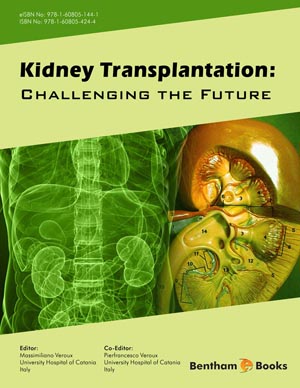Abstract
For the vast majority of the 54 years since the first kidney transplant, T cell–mediated inflammation was believed to be the central process in allograft rejection. The therapies to prevent and treat allograft rejection consequently have been directed primarily against T cells. The improvements in these drugs have led to greatly improve rates of acute cellular rejection and 1-yr graft survival; however, acute rejection does still occur, as does long-term chronic rejection. It was the development of the immunohistochemical process for visualization of complement split product C4d in graft tissue that provides concrete evidence linking antibody binding and complement activation in renal allografts to the mechanism by which damage occurs in this setting. We now recognize that alloantibodies play a role in rejections that do not respond to T cell therapies and, indeed, require targeted therapies that address the various mechanisms by which they exert their effects. Newer, more sensitive technologies for serum antibody screening are allowing for clearer delineation of the relationship between antibodies and acute and/or chronic allograft pathologies and their attendant clinical outcomes. This chapter tries to clarify the antigenic targets of the humoral alloimmune response, the mechanism of antibody generation, the pathophysiology of antibody-mediated cell damage, the phenomenon of accommodation, the mechanisms of allorecognition, the T cell-mediated rejection and overview of the current understanding and classification of antibody-mediated syndromes. In addition two new aspects of allograft rejection are discussed: the roles of chemokines and Toll-Like Receptors pathway involvement in allograft rejections.
Keywords: Allografts, Antibodies, T cells, Chemokines, Antibody-Mediated Rejection, Acute Rejection, Co-stimulation, Immunosuppression, Immunoodulation.






















